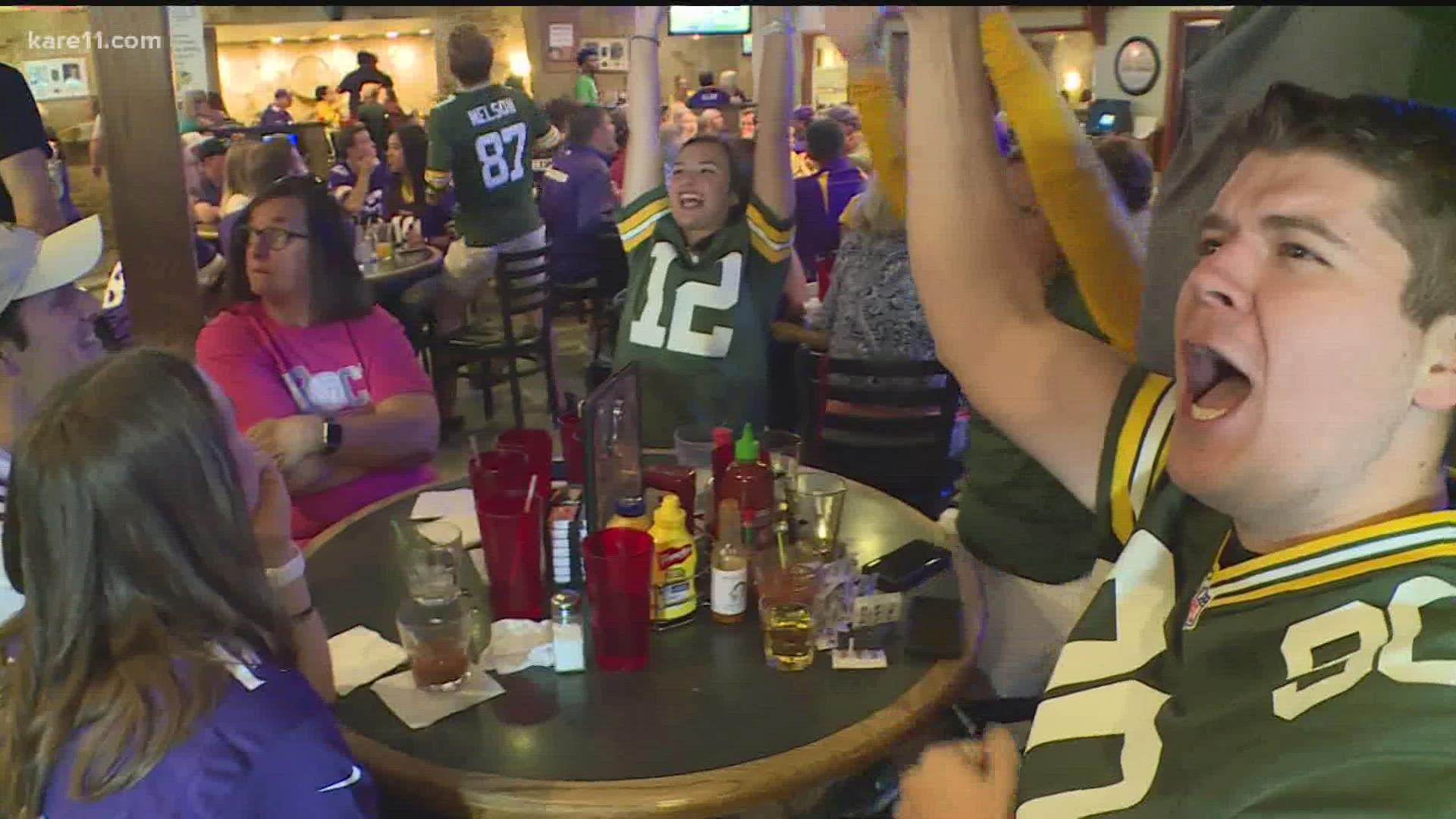ST PAUL, Minn. — As more states legalize sports gambling, several senior Minnesota lawmakers say the “smart money” is on the legislature passing a sports betting bill this year.
Ever since a landmark Supreme Court ruling in 2018 paved the way for states to allow sports betting, there's been moral opposition at the capitol and reluctance from Minnesota's Native American tribes to get involved.
But things appear to be shifting.
“The time has passed for us to do this,” said State Representative Pat Garofalo, R-Farmington, who’s planted the betting seed for years in the House.
Now, he's getting an alley-oop from across the aisle.
“It would be the biggest change in our gambling laws since the 1980s,” said Rep. Zach Stephenson, DFL-Coon Rapids, who has spent the legislative off-season travelling to the state’s 11 Indian tribes, pro sports teams, University of Minnesota and large companies trying to strike a fair deal for a new gambling bill.
“You can go in any direction from Minnesota and have the opportunity to do this. I think it means Minnesotans deserve the opportunity,” said Stephenson.
Thirty-three states and Washington D.C. now allow some form of sports gambling, up from 19 states a year ago.
North Dakota and South Dakota both launched sports betting in 2021.
In Iowa since 2019, you have been allowed to bet on sports at casino sports books or at home—say on your couch—through an internet-based book. And Canada legalized a similar setup last year.
In Wisconsin, St. Croix Chippewa casinos will soon join Oneida Nation casinos in opening sports books after reaching agreements with Governor Tony Evers last year.
Ninety minutes east of the Twin Cities, “event wagering” is expected to open at the St. Croix Casino in Turtle Lake during NCAA March Madness.
“This puts us on what we would call a level playing field with Nevada,” said Jeff Merrill, sports book director for St. Croix Casino in Turtle Lake.
What could sports betting in Minnesota look like?
Stephenson says the details are being negotiated, but he says there’s momentum for both on-site sports books and internet sports wagering where one could place bets anywhere within the state.
We contacted the Minnesota Indian Gaming Association—the gaming experts in the state—whose tribal members have had exclusive gaming agreements with the state since the late 80s.
Executive director Andy Platto said in an email, "The tribal governments making up MIGA have been examining the various ways sports betting has been implemented across the country and its impacts on tribal communities. As gaming experts, tribes stand ready to share this expertise with lawmakers considering the future of sports betting in Minnesota."
Minnesota Senate Majority Leader Jeremy Miller is another proponent of a bill passing this year.
“I’ve long been a strong supporter of legalizing sports betting in Minnesota,” said Miller. “Senator Roger Chamberlain is the author of this bill in the Senate and we continue to encourage the stakeholders to work together toward a proposal that can gain enough support to pass the legislature and get signed by the governor.”
Just how much money would be spent on sports gambling? And how much could the state receive in taxing the action?
Take a look at Iowa for an example.
In the last half of 2021, Iowa’s sports betting handle—meaning the amount of money wagered in total—eclipsed $1.25 billion, according to the Iowa Racing and Gaming Commission.
Roughly 90% of those bets were waged on the internet versus at a physical location.
Casinos took in $70.7 million in profit from those bets in the same six-month time. The state received about $5 mil. in taxes from those bets.

